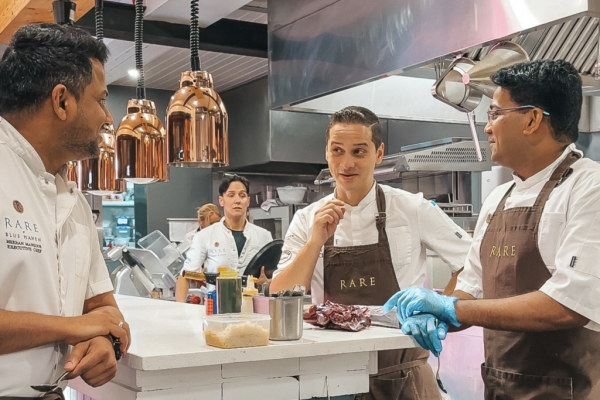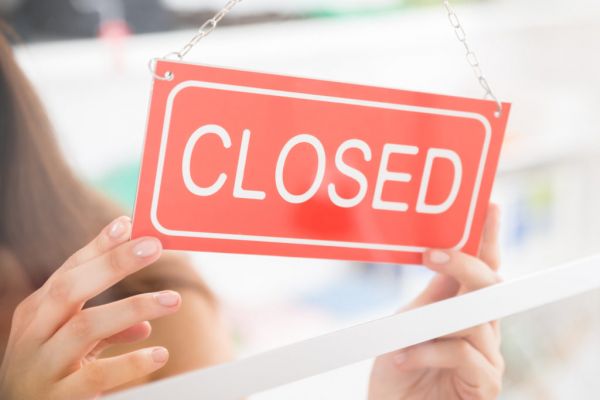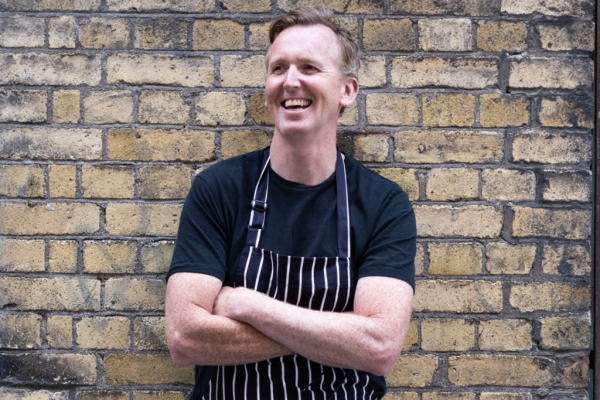The Restaurants Association of Ireland (RAI) today launched its Pre- Budget Submission 2015. “A Progressive Plan to retain current effective measures in Government, maintain and grow employment in the restaurant industry, and sustain economic competitiveness in Ireland.”
Of immediate concern is the shortage of chefs in Ireland. RAI CEO Adrian Cummins said, "there is now a crisis in the shortage of chefs in the country, and an investment in training is needed. An immediate training fund needs to be made available to employers so that the huge demand for chefs of all grades can be met." The RAI is worried that the shortage will threaten the success of the tourism industry. The RAI is calling for investment in training to be offset against employer’s PRSI and is also proposing 1000 work place apprenticeships for the restaurant sector. The RAI has said that participants in the Restaurant Apprenticeship Scheme should be allowed access training allowances equal to those given to Solas apprentices.
The second part of the plan calls for retention of the 9 per cent VAT rate for the tourism and hospitality sectors until at least 2020 as, since the VAT cut, over 34,000 jobs have been created in tourism & restaurants. Cummins warned that it is critical that the reduced VAT rate is kept in place for until 2020, in order for the Irish economy to remain competitive, "When the economy went into decline, restaurants endured falling numbers of diners, rising prices and great financial uncertainty, with many having to close their businesses. Money generated by this reduced VAT rate, however, has kick-started a reversal of fortunes."
Cummins added, “Restaurateurs are entrepreneurs; the government needs to be reminded of that. When a restaurant opens or expands, they will create several jobs and generate business for the area and their suppliers. Restaurants all over Ireland are relying on the VAT to remain at 9 per cent for the survival of their business.” The Irish restaurant industry employs 72,000 people (1 in 4 tourism jobs) and contributes €2 billion to the Irish economy each year.
The RAI plan also calls for a reduction in the current rate of excise duty to encourage spend in restaurants. The current level of excise duty imposed in the last budget is a bone of contention throughout the hospitality industry. In particular, the RAI has suggested that wine served with a meal in a restaurant should attract the rate of 9 per cent VAT applicable to food in restaurants. The RAI believes that any possible increase in excise duty should be levied towards below cost selling of alcohol in off-licenses and supermarkets, which will impact on excessive unregulated home drinking as well as encouraging sensible drinking in a regulated environment. It aslo suggests that the Government should re-enforce the code of practice in the responsible Sale of Alcohol, and thereby discourage a nation of ‘handbag drinkers’.
Finally, the RAI has called for a reduction of overheads and regulatory burdens as restaurants deal with, on average, twenty-five different agencies and authorities in the day-to-day running of their business. The RAI is calling for a consoldiation of many of these agencies.
Ireland is the most expensive country in Europe to run a restaurant; according to the ‘Cost of Food Preparation Report’, commissioned by Fáilte Ireland, Irish restaurateurs pay the highest catering wage rate in Europe, Ireland has the highest excise duty on wines in Europe and Irish food costs inputs are 18 per cent above the European average.









